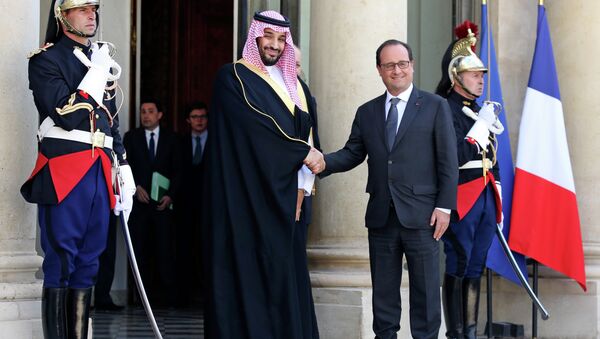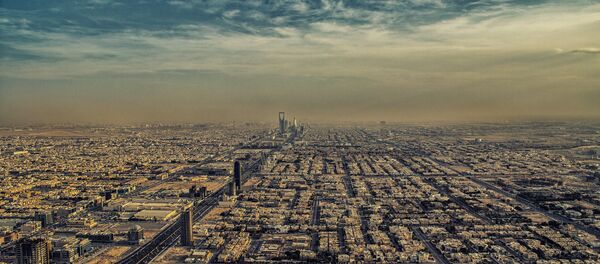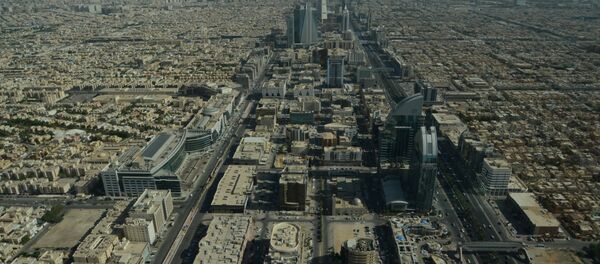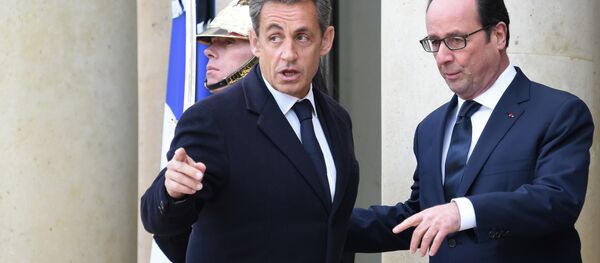The committee’s agenda include a variety of projects, ranging from nuclear power to health and investment. The deals, worth $12.7 billion were announced after the meeting and include a feasibility study into building two nuclear reactors in Saudi Arabia.
The meeting comes as Saudi Arabia looks to strengthen its alliances with Western powers beyond its traditional ties with the United States.
In May, Hollande was visited Riyadh for a summit of the six-nation Gulf Cooperation Council, becoming the first western leader to ever attend such a summit. His attendance was given a red carpet greeting, and he was also hosted by Saudi King Salman.
After the May summit, French Foreign Minister Laurent Fabius announced that Riyadh and Paris were in talks on a total of 20 projects. At the time, Hollande also said that the deals on the projects between the two countries will be announced in June, though it remains unclear whether this week’s visit will result in any signed contracts.
Bilateral trade between the two countries has boomed in recent years, reaching over 10 billion euros in 2014 alone, despite mounting international pressure against the desert kingdom’s human rights abuses. Paris was among one of the governments that recently urged Riyadh to drop a sentence of 10,000 lashes for human rights activist Raid Badawi.
Badawi was arrested in June 2012 on charges of insulting Islam through his online channels and for apostasy. He was later sentenced to 10,000 lashes and ten years in prison in 2014. Amnesty International has designated him as a "prisoner of conscience," saying he was "detained solely for peacefully exercising his right to freedom of expression."
The activist was given the first 50 lashes of his sentence in January, sparking global outrage.
The Gulf state has also been the subject of intense scrutiny from international human rights organizations for its widespread use of capital punishment. Saudi Arabia has executed 102 people in just the first half of 2015, up from the 87 executions recorded in the full previous year. Amnesty has referred to the upsurge of beheadings as a "macabre spike," with experts also noting there is "no rhyme or reason" to it.
Adam Coogle, a Jordan-based researcher with Human Rights Watch told AFP that as the Arab world’s largest economy, Riyadh uses its economic status to intimidate countries from taking a serious stand on its human rights violations.
"The French should use their relationship to improve their economic situation, but they should then try to use that leverage to convince the Saudis to improve on their [rights] records." He said.
During his Riyadh visit in May, Hollande called for an end to the use of capital punishment by the Saudi government. However, seeing as the French president is in the middle of deal negotiations with Saudi officials, it is unlikely that his harsh words alone will make much of a difference to Riyadh.





